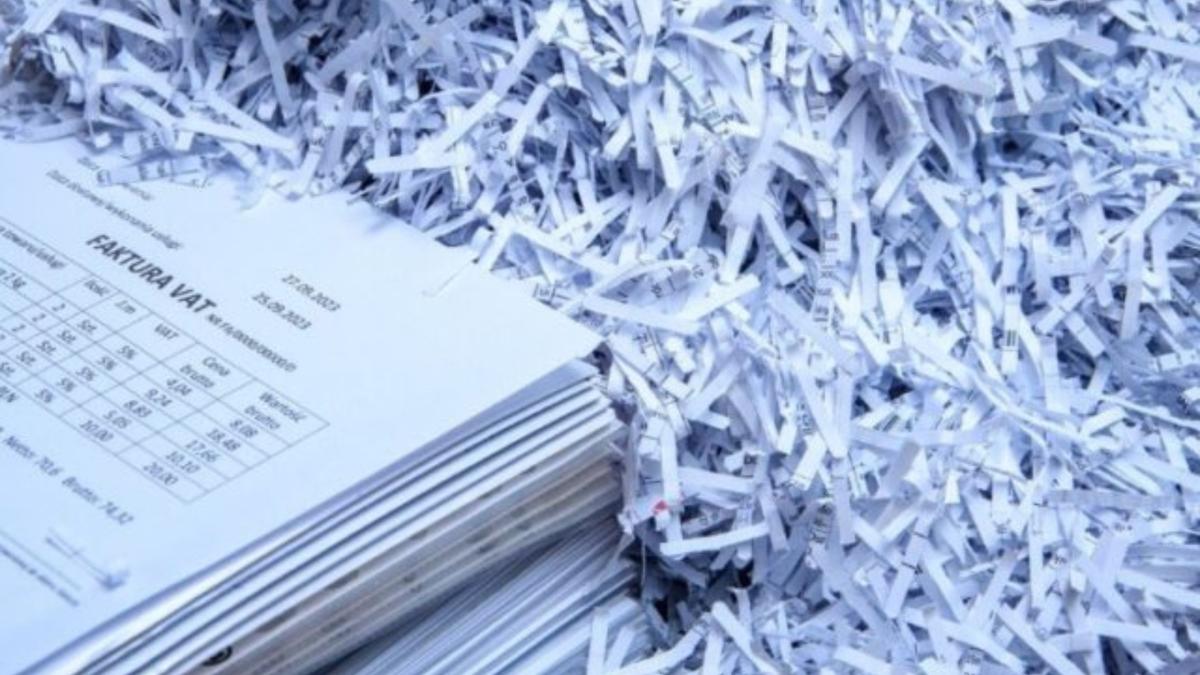Is Your Sensitive Data Safe From Prying Eyes

Data is power. It can build trust. It can also break it. Every company, large or small, carries sensitive files that need protection. Yet too often, businesses assume they are safe because documents sit in a filing cabinet or on a locked computer. But are they really safe from prying eyes? That is where smart practices such as secure storage, strict access, and paper shredding services in Los Angeles come into play.
What Your Files Really Hold
Think about what your files hold. Customer details. Staff records. Vendor contracts. Even outdated financial reports. These are not just sheets of paper or lines of code. They are assets. Once exposed, they can cause legal trouble, financial loss, or damaged trust. Many companies only realize the risk after something goes wrong. The truth is, prevention is far less costly than recovery.
Storing Data the Right Way
So, how do you know if your sensitive data is secure? Start with how it is stored. Many offices keep records longer than needed. Stacks of old paper files pile up. Hard drives sit in drawers. Cloud accounts remain active long after employees leave. Each of these is an entry point for someone looking to steal or misuse information. The first step is to create clear rules for how long data is kept and when it should be destroyed.
Who Has Access to Your Files
Access is another key factor. Ask yourself: who can open that file room? Who has the password to that shared folder? Too often, companies allow broad access because it is easier. But easier is not safer. Access should be limited to only those who need it. The fewer people who can see a record, the lower the chance of misuse. Setting up access logs and regular reviews can keep risks under control.
The Right Way to Dispose of Paper
The next step is proper disposal. Many assume that tossing papers in the trash is harmless. But those papers may contain private numbers, signatures, or terms of a deal. Dumpster divers know this. So do fraudsters. Secure destruction is the only way to be certain those papers will not end up in the wrong hands. That is why professional paper shredding in Los Angeles has become an essential service for businesses that take security seriously. Shredded documents cannot be pieced back together, and the process often includes a certificate of destruction for your records.
Digital Data Is Not Exempt
The same mindset applies to digital data. Deleting a file is not the same as destroying it. Hard drives and other devices can often be recovered long after deletion. Secure wiping tools or physical destruction of drives is the safest path. Many firms add this step to their regular data management policy, treating digital assets with the same care as paper files.
Everyday Habits That Matter
Of course, data safety is not just about disposal. Think about your daily operations. Emails sent without encryption can be intercepted. Unattended desks can expose sensitive printouts. Even a casual chat in a public space can reveal more than you expect. Creating a culture of awareness is just as vital as having the right tools. Staff training sessions can go a long way toward preventing accidental leaks.
The Legal Side of Data Safety
Consider the legal side too. Privacy laws are tightening. Regulators are holding companies responsible for protecting personal and financial data. Fines and lawsuits are not just possible, they are happening. Keeping up with compliance is not only about avoiding penalties. It is also about proving to customers and partners that their trust is valued.
The Key Question Every Business Must Ask
The question every business leader should ask is simple: would I trust my own information with my company? If the answer is not a strong yes, changes are needed. Some may start small with locked bins for paper disposal. Others may invest in full data management systems with secure storage, shredding, and disposal of digital devices. The level of protection depends on the type and volume of information handled, but the goal stays the same: prevent prying eyes from gaining access.
Managing Risk Through Smart Action
Risk will never be zero. But smart steps can reduce it to a point where threats are manageable. The choice lies in acting before a breach happens. Data safety is not a one-time task. It is an ongoing process that grows with the company. Review policies. Update systems. Educate staff. And when needed, partner with experts who handle secure data destruction every day.
Building a Shield Around Your Data
In short, protecting sensitive data takes effort, but the cost of neglect is far greater. From controlled access to certified destruction, every layer adds strength to the shield that guards your business. And for many firms, using trusted paper shredding services in Los Angeles is one of the most effective and practical steps they can take.
Conclusion
Williams Data Management helps organizations protect sensitive information through secure storage, shredding, and disposal practices. They provide businesses with reliable ways to manage records, reduce risks, and meet compliance standards. With their support, companies can keep sensitive data safe and limit access to prying eyes.